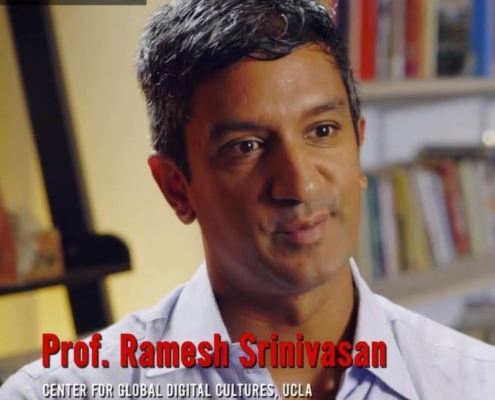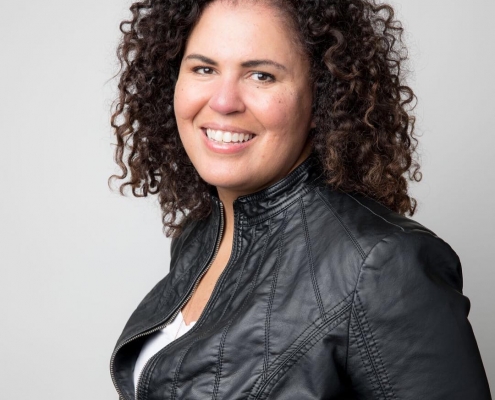Posts

The Promise of an Inevitable Tech Future that Obscures More than It Inspires
Dr. Ramesh Srinivasan, UCLA Professor of Graduate Studies of…

Creating an Equitable Workplace for Women
The New York Times recently hosted the New Rules Summit which…

